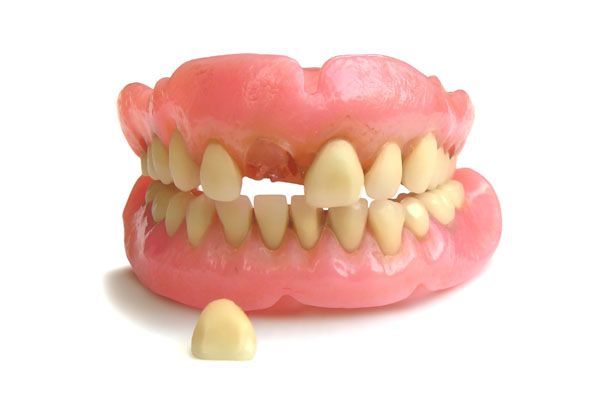 A dental bridge is one of the most common ways to replace a missing tooth without undergoing a lengthy or invasive procedure. Among the available tooth replacement procedures, general dentists often recommend a dental bridge because of the simplicity of its installment. However, other tooth replacement procedures comparable to dental bridges are available. A stellar example is a dental implant placement, another common way to replace a missing tooth. Continue reading to learn about tooth replacement via a dental bridge or implant.
A dental bridge is one of the most common ways to replace a missing tooth without undergoing a lengthy or invasive procedure. Among the available tooth replacement procedures, general dentists often recommend a dental bridge because of the simplicity of its installment. However, other tooth replacement procedures comparable to dental bridges are available. A stellar example is a dental implant placement, another common way to replace a missing tooth. Continue reading to learn about tooth replacement via a dental bridge or implant.
A guide to dental bridges and implants
Here is an overview of dental bridges and implants, including a comparison of the two. Both tooth replacement options are worth researching when preparing to visit the dentist.
Dental bridges
A dental bridge is a small prosthetic piece that general dentists utilize to replace singular missing teeth in the upper or lower arch. It literally bridges the empty gap between two teeth so there is no longer a space in the mouth. This piece is custom-made, and once it is placed in the arch, the general dentist will fit the space for a dental crown, which is also created in a dental lab so it will fit perfectly among the other teeth. After the crown has been constructed, the dentist will place it carefully along the bridge, between the two teeth. Any adjustments will then be made to ensure that the fit is secure.
Dental implants
Another option for tooth replacement is dental implant placement. Dental implants are small titanium screw-shaped prosthetics that are custom-made in a dental lab. Typically, a dental implant is placed for singular tooth replacement. However, those who have an entire arch of teeth missing can also have implants placed to work with a denture piece. A surgical procedure is necessary with dental implants because they are placed beneath the gum tissue and into the jaw. The entire process can take a few months, as osseointegration is required for the implants to do their job. Once the fusion is complete, a dental crown can be placed via an abutment that attaches to the implant head.
Comparing the two
A dental bridge tends to be preferred as a quick tooth replacement because implants require up to a few months of preparation due to the need for osseointegration. That said, the advantage of implants is that the jawbone is stimulated, which prevents movement of the other teeth over time.
Dental bridges only work for singular missing teeth, whereas implants can be used for single or multiple missing teeth. If a patient has one missing tooth but the rest of their teeth are intact, a dental bridge is likely the most suitable, since the jaw is less likely to shift because the natural teeth are still intact.
Find out more from a general dentist today
Do you still have questions about dental bridges and implants? The best place to start is by consulting with a general dentist. During the consultation, the dentist can evaluate the areas where teeth need to be replaced and determine which option is most suitable. They can then address any of your concerns about the entire process. To learn more about getting a dental bridge or implants placed, reach out today.
Request an appointment or call Chesterfield Dentist at 804-412-0867 for an appointment in our Chester office.
Recent Posts
Dental bridges and dental crowns are wonderful, durable options to restore a smile. However, they are both employed for different reasons. By understanding the specifics of both, patients can learn which option is best for their needs when consulting with a dentist.Dental bridges are recommended after a tooth extraction, whether by trauma or professional intervention.…
Dental bridge placement will need two visits. The patient will go through a short process that will not be invasive at all. The result will improve the patient’s dental and general health. Knowing the placement process for this restoration can help prepare you for your next visit. Here is the placement process for a dental…
Both dental bridges and implants are popular, effective tooth replacement solutions. However, there are cases in which a general dentist may recommend a dental bridge over implants. This may be due to the number of teeth missing, their location, and the strength of the underlying jawbone, among other factors. Understanding how each of these treatments…


